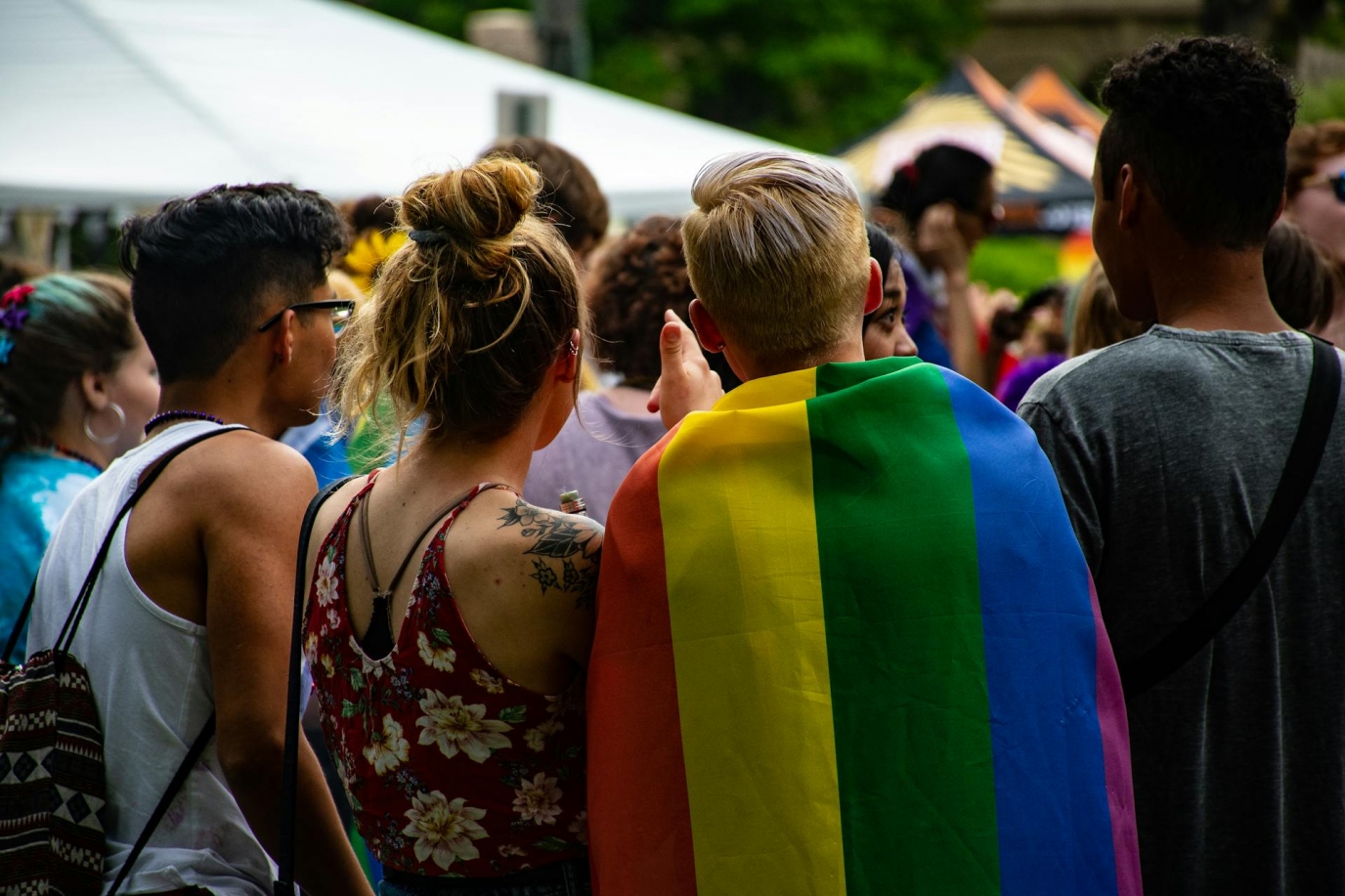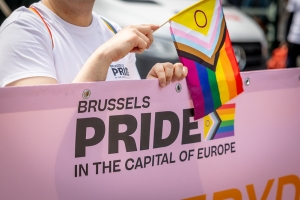53% of Belgian LGBTIQ+ people avoid holding hands in public, 27% avoid places for fear of being attacked
Our country has taken important steps forward in recent years to guarantee LGBTIQ+ persons equal rights with, among others, the historic Stop Feminicide law, the updating of our criminal code and the ban on conversion practices. Civil society will receive structural support from 2024. But new figures from the European fundamental rights agency FRA are shocking and show that much work is still needed in our country too to ensure equal rights and freedoms for LGBTIQ+ persons.

The results of the FRA survey, conducted among 100,000 people from the European LGBTIQ+ community within 30 countries, clearly show that Belgium's policy to guarantee LGBTIQ+ persons maximum equal rights is noticed: 55% in our country believe that the government effectively fights prejudice and intolerance against LGBTIQ+ persons. For the rest of Europe, the figure is only 26%.
But that figure does not outweigh the fact that in our country too, 15% of those interviewed have been attacked in the past five years because of her, his, their sexual orientation. 16% have felt discriminated against by our healthcare system, 11% have thought about suicide often or all the time in the past year. 53% always or often avoid holding hands in public and 27% avoid certain places for fear of being attacked. In doing so, our country follows the general European trend.
Federal Secretary of State for Equal Opportunities Marie-Colline Leroy finds the results of the European study shocking and calls for additional efforts so that every Belgian can feel safe and free in our country: ‘One of the problems I would like to highlight in particular is the fight against online hatred. I hope the next parliament can make progress in this area by revising Article 150 of the constitution so that online hatred against LGBTIQ+ persons can be effectively countered. The study also shows the importance of continuing and expanding educational programmes on relationships, emotions and sexuality in our schools. These are important tools for building tolerance, respect for each other and deconstructing stereotypes.’
You can find the full study here


